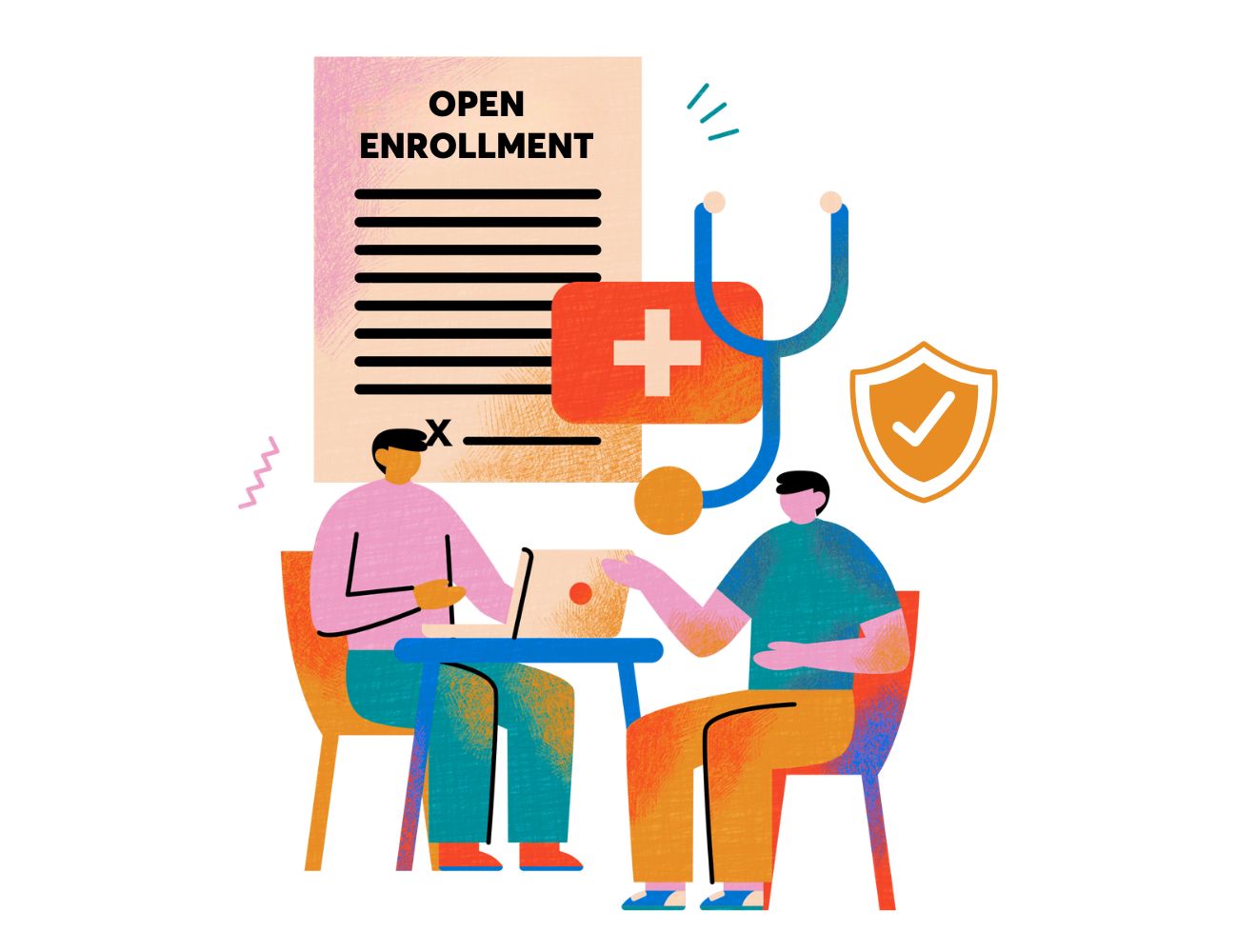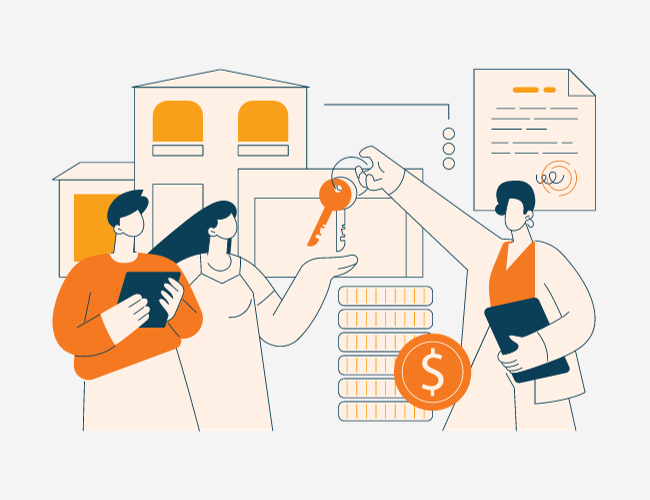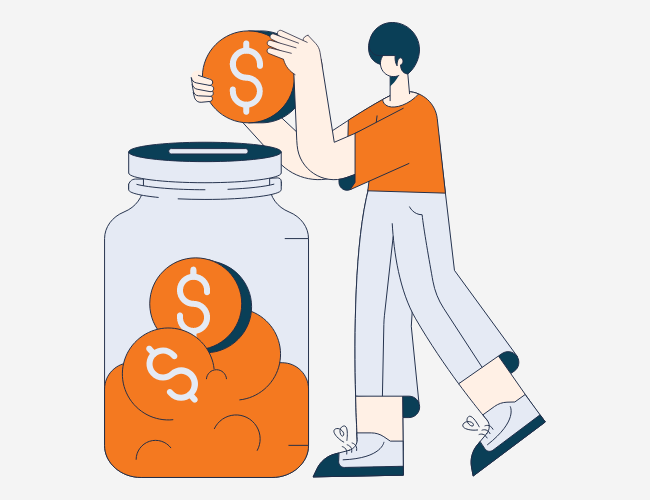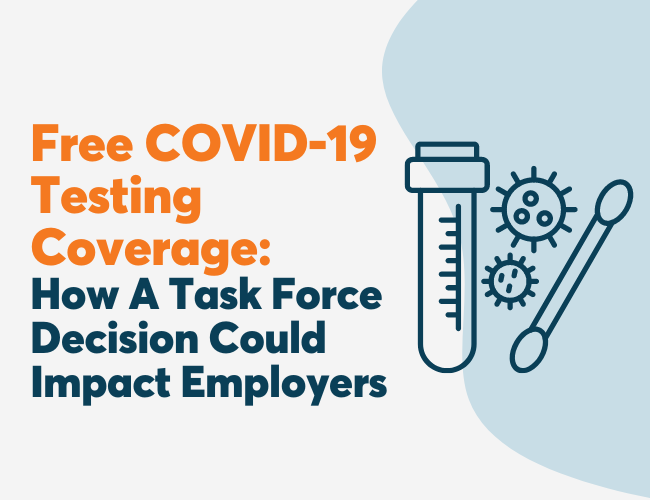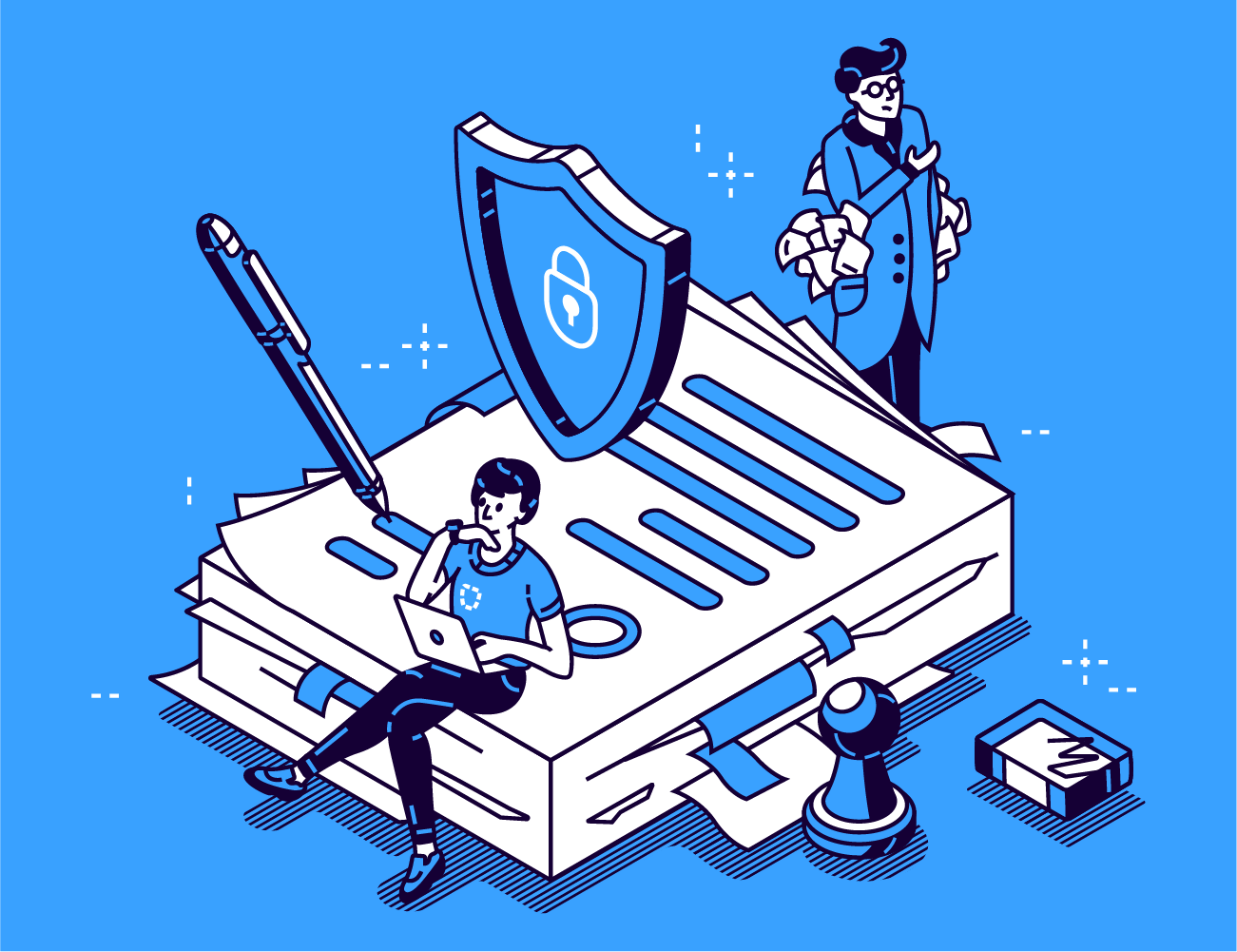Last month, the White House COVID Response Team gave a press briefing on the current state of the COVID-19 pandemic in the US, focusing on continued efforts to distribute vaccines and support a return to normal life. In it, the Biden administration called on employers to play a crucial role in defeating the pandemic by following three important strategies: (i) enforcing mask-wearing and social distancing, (ii) reducing barriers to vaccinations, and (iii) educating workers about the importance of these measures. The administration has joined forces with leading business organizations—including the Chamber of Commerce, Business Roundtable, and the National Association of Manufacturers, as well as leaders from the black, Asian, and Latino business communities—in hopes that hundreds of thousands of employers will promote these efforts.
Companies are encouraged to make it easier for workers to get vaccinated by offering paid time off or other incentives and compensation. Additionally, guidance and messages from the US Centers for Disease Control and Prevention (CDC) about the benefits of masking, social distancing, and vaccination should be posted on employer products, properties, and websites, creating the potential to reach millions of Americans. While COVID-19 cases have declined, data suggests that this progress may be beginning to stall. More people getting vaccines and continuing to adhere to guidance could potentially be a deciding factor when it comes to keeping case numbers on a downward trajectory.
So far, many businesses and organizations are taking the call to action seriously. Ford and the Gap are donating millions of masks, event venues and stadiums are being offered up as vaccination sites, and several companies are teaming up with rideshares to offer free or discounted rides to vaccination sites. Additionally, several companies have unveiled incentives for employees that receive the vaccine. Starbucks, Dollar General, and Darden Restaurants (which owns Olive Garden and Longhorn Steakhouse) will offer four hours total of paid time off to employees. Target also announced up to four hours of paid time off and free Lyft rides to workers getting vaccinated. Grocery chains Trader Joe’s and Lidl are both offering financial incentives—$200 and $100, respectively—to encourage workers to get the shot. Several companies are also discussing the possibility of providing COVID-19 vaccines on-site to workers.
Stewarding Employee Health
It is true that many people will have sufficient personal time, even without their employer’s help, to get vaccinated. However, this sentiment can be said for many wellness benefits—that some individuals will be able to find a way outside of their company’s assistance. When employers consider themselves stewards of their employees’ health, they reap the benefits of improved employee productivity and performance. On top of this, they impact the health and well-being of their surrounding communities.
Getting the vaccine is impossible for many workers that may have more than one job, caregiving and family responsibilities, or a lack of transportation resources. Caregivers, especially, likely have the added responsibilities of taking family members to appointments to get vaccinated, too. This is where scheduling flexibility and paid time off can greatly facilitate the number of people that are able to receive the vaccine. Additional support, such as access to transportation or caregiving resources can only increase the number of and speed at which people are able to receive the vaccine. For employees that may not be that interested in the vaccine, incentives, such as financial compensation, could encourage them to change their mind (of course, it is reasonable to ask for proof of vaccination in these instances).
Employers should not only view providing support and incentives as a nice gesture. With more employees vaccinated, there will be less disruption to work operations due to employees taking sick days or quarantining due to exposure. Additionally, the sooner people are vaccinated, the sooner herd immunity can be achieved, reducing the dependence on restrictions and heightened safety measures that are still impacting business operations and local economies across the country. Companies are uniquely situated to help millions of Americans get back to leading a normal life.



